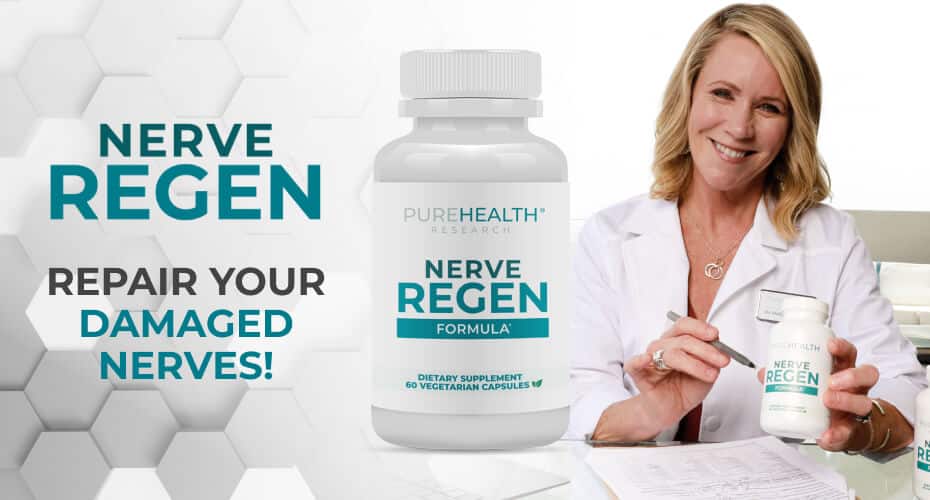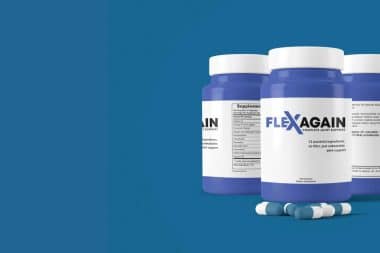Do you firmly aspire to lead a fulfilling life and are willing to switch to a healthier way of living? If so, you probably have scoured the market for the best dietary and health supplements that fit your needs. It is undoubtedly challenging to determine which supplements are the best for you, with so many constantly bombarding the market. Furthermore, it may be tough to decide which ones are safe or which manufacturers are trustworthy.
You must understand that only a few top-quality supplements will live up to their reputation. To help you steer clear of the marketing gimmicks and sift for the most suitable and safest supplements that can improve your health, we developed a few practical strategies. Read on to learn more.
Why You Need to Be Careful Regarding Health Supplements
According to reports, over 50% of American adults use at least one nutritional supplement. However, the fact that supplements get used prevalently does not imply that they are also widely regulated. You need to realize that, unlike the way they approach pharmaceutical drugs, the Food and Drug Administration does not control and monitor health supplements.

This lack of regulation could indicate that before entering the market, health supplements don’t undergo the same rigorous procedures, such as clinical trials, to prove their efficacy, purity, or marketing claims. Therefore, it is increasingly difficult for customers to determine whether these products are safe.
Although supplements get regulated under the Dietary Supplement Health and Education Act (DSHEA), protecting the consumers’ right to access supplements for wellness, it does not verify health claims or ensure that they are safe and effective. As a result, you must exercise caution when choosing the supplements to buy and, more importantly, when ingesting them.
Which Supplements Do You Need?
How do you choose the supplements you need to take? Here are some pointers:
- Know your requirements: How can you tell if you require a supplement? You shouldn't merely rely on the advice given by your acquaintances, online advertisements, or catchy headlines. Take appropriate blood tests or check with your doctor to ensure that your body actually needs the supplement. If you need more of a particular nutrient, find out whether you can obtain the vitamin, mineral, herb, or substance in food form first. If changing your diet or lifestyle is not an option, a supplement might be the answer.
- Check the scientific truth behind the claims: A supplement is most likely a scam if the claims sound too good to be true. Peer-reviewed published research in scientific journals that supports the use and efficacy of credible supplements is available online - you only need to search for it. Make sure that the recommended dosage is backed by science as well. Avoid mega doses because they don't always yield better results. All dietary supplements from PureHealth Research have the backing of reputable studies and come with specific dosage recommendations.
- Consult your doctor: If you are currently on prescriptive medication, pregnant, or breastfeeding, seek medical advice. Many dietary supplements can interact harmfully with prescription medications. Verify whether you can take the supplement and your current medications together safely. Before starting any new supplements, pregnant or breastfeeding women should always consult their doctor.
How to Get the Safest Supplements

Let’s discuss a few ways to ensure you receive only the best supplements after determining which ones to buy. Firstly, get your supplements from a reputable provider. Since the FDA doesn’t regulate them, many businesses skip the hassle of quality control to guarantee that the ingredients in the bottle are genuine and that the label matches the product. Go for large, well-known brands like PureHealth Research because they can afford to conduct the necessary quality control procedures.
Single-ingredient supplements are more likely to have the quantity of the active ingredient listed on the label. Also, these are less likely to show higher levels of contamination. Companies that sell “proprietary blends” are not legally bound to specify the ingredient amounts on their labels, so it’s essential to keep that in mind when you’re shopping around.
Before purchasing, you should look for third-party certifications on the supplement label. The US Pharmacopeial Convention (USP) and NSF International certify lots of supplements. Supplements get tested by independent companies to ensure that the bottle contains the ingredients listed on the label. They assure that there are no significant amounts of contaminants, like heavy metals, in the product.
Lastly, there are countless herbal supplements lacking independent certification on the market. Buying organic herbal supplements will help to ensure that the level of contamination is as low as possible and that dangerous pesticides are not present. Buying from well-known, big-name brands also increases the chance that the supplement has the correct quantity of active ingredients.
Necessary Safety Measures You Should Take
Follow these few additional suggestions to make sure you can take a supplement safely over a period of time:
- Store supplements in the proper conditions: Some supplements must be kept in cold environments; for others, you must store away from direct sunlight. Make sure to adhere to storage guidelines.
- Stop usage as soon as you experience side effects: If you feel strange or sick after starting a new supplement, stop taking it immediately and consult your doctor.
- Use supplements for the recommended duration: Make sure you only take supplements for the period advised. It's crucial to keep a tab on your biomarker levels when taking supplements, as some might have adverse effects.
- Don't start taking too many supplements at a time: Change just one thing at a time. Maintain your routine when beginning a new supplement so you can determine if the supplement is the root of any unfavorable side effects.
Final Thoughts
When purchasing supplements, try to be 100% sure about the recommended dosages, frequency, duration, and warning information. The most important thing is to avoid marketing ploys and only invest in essential nutrients suitable for your biochemistry. To conclude, purchase from reputable vendors, trusted by experts and consumers alike. After all, your top priority should be preserving a healthy body and mind!









Reply